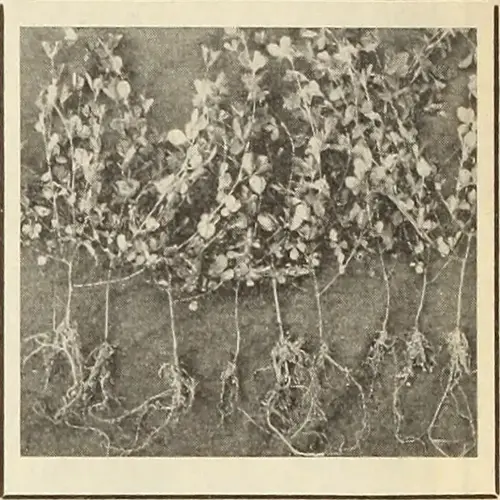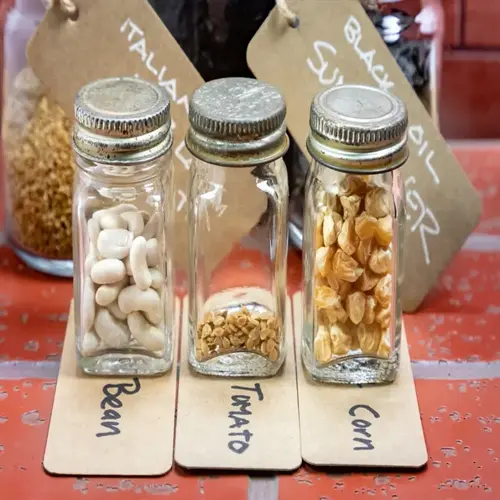Why do some stratified seeds still fail to sprout?

Written by
Paul Reynolds
Reviewed by
Prof. Samuel Fitzgerald, Ph.D.Stratified seeds will occasionally fail due to the interplay of seed health, technique, and conditions. I have seen viable-looking milkweed and lavender seeds fail to germinate even after receiving optimal cold treatment. Knowing the causes of stratified seed failure will effectively assist in troubleshooting.
Viability Issues
- Test seeds using float method: viable seeds sink in water
- Use seeds within 1-2 years for reliable germination
- Store seeds in airtight containers with desiccant packs
Temperature Problems
- Maintain consistent 33-41°F with fridge thermometer
- Avoid door storage areas with temperature fluctuations
- Use insulated containers for stable cold environments
Moisture Control
- Achieve damp sponge consistency not wet
- Add hydrogel crystals to maintain moisture long-term
- Check medium weekly and remoisten if needed
The age of the seed plays a major role in the results. Fresh echinacea seeds will germinate at a rate of 85%, while seeds that are 3 years or older drop to under 30%.I test for viability with the float method - viable seeds will sink, and hollow seeds with air pockets will float, and not be feasible.
It is crucial to maintain a constant temperature, as deviations greater than 45°F can lead to premature sprouting, and freezing kills the embryos. I control the temperature by placing the seeds in the back of the fridge and using a digital thermometer to monitor the temperature. For sensitive species, an insulated container can be placed in the refrigerator to maintain optimal conditions.
Mold appears when any level of moisture exceeds that of the damp sponge level. I combat this by incorporating cinnamon powder into my mediums as well as by punching air holes in the bags. For infected batches, I rinse my seeds in a hydrogen peroxide solution and then restart with new, sterile materials.
Recovery is often feasible after most failures. Rehydrate dry seeds using lukewarm water before recommencing. If It is viewed that the seeds were infected with mold, apply antifungal treatment. To improve techniques, keep track of changes. These adjustments will save most batches when used quickly.
Read the full article: How to Stratify Seeds: Ultimate Methods Guide

